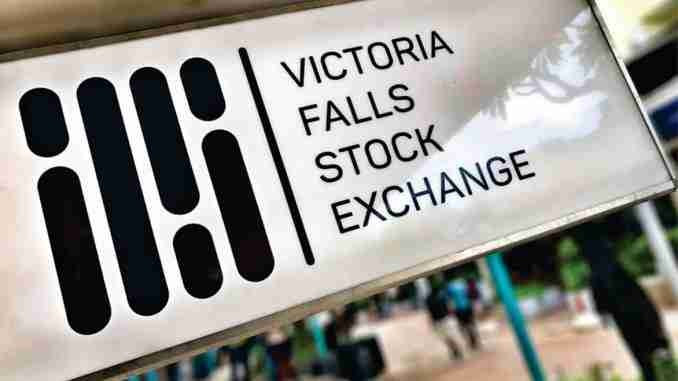
WE were interested to read the latest report from Insurance and Pensions Commission (Ipec), the insurance and pension fund regulator, for the third quarter of 2024.
This is an excellent document with plenty of data and information. At the end of September, Ipec estimated that the entire industry was valued at US$2 billion, which sadly is relatively small for an economy of around US$30 billion.
Of that amount, investment properties accounted for 45% against equities of 24% of total assets. Ipec has been putting pressure on the industry to reduce the costs of administering pension funds in order to benefit the pensioner.
We were delighted to read that total investment management fees were US$60 million for the first nine months of 2024 which compares with the levies that Ipec charges as the regulator of US$69 million.
It was also interesting that dividend income earned by the investment managers on behalf of the pension funds amounted to over US$200 million, easily covering the investment managers’ fees. There is much uncertainty with regard to 2025, not just in Zimbabwe, but globally.
A weaker global economy will not be a positive for commodity prices. Gold, on the other, hand may continue to rise given global economic and geo-political uncertainties which will assist Zimbabwe given that gold has overtaken platinum as the country’s largest export earner.
Tobacco prices should also remain firm as global tobacco stocks are relatively low as compared with recent history. Should the crop be above 300 million kilogrammes as expected, tobacco will also prove to give Zimbabwe a boost.
The lack of power in both Zimbabwe and the region cannot be underestimated for heavy users such as mining companies. The informal sector has been the driver of the economy for the past few years. It has also been the saviour for many businesses in the formal sector faced with the never-ending demands of government or Zimbabwe Revenue Authority and the rising costs of labour and energy in particular.
- Awards target married couples
- Awards target married couples
- Stop clinging to decaying state firms
- Zim bourse in limbo
Keep Reading
The informal sector has allowed for growth in both volumes and revenues without which profits would have disappeared altogether, and potentially retained earnings as well.
As it is, we expect to see an increasing number of businesses — mainly privately-owned — seeking business rescue protection, retrenching labour and restructuring their labour where possible.
It will not be an easy time for them, with little sympathy from the tax man, who needs whatever money businesses may have left. Should the informal sector start to slow — which we do not expect for now — then the situation will be harder still.
As retrenchments accelerate, we would expect to see liquidity requests from pension funds grow over the coming months. Unless we see an increase in the Zimbabwe Gold (ZiG) liquidity, this will put downward pressure on equities, being the only liquid asset within ZiG pension funds, and hence pressure on the Zimbabwe Stock Exchange (ZSE).
The ZSE has continued on as it left off in 2024 — slowly declining. This will continue while there is little to no ZiG liquidity.
If we were betting rather than investing, our intuition would suggest that liquidity is likely to improve, as the current situation is unsustainable for the ZiG to remain viable as a transactional currency.
Certainly, valuations on the ZSE are very attractive once again with Delta, as an example, valued at just US$500 million. Econet is valued at just over US$200 million despite a positive turnaround in its business and a healthy US dollar dividend for its shareholders.
As investors, the ZSE is very much a buyers’ market and selling should be avoided at all costs; rather delay until valuations are higher again.
The Victoria Falls Stock Exchange remains stable, but, similar to the ZSE, is also cheap, but could remain so while money market assets yield over 10% in US dollar terms.
Article was written by Imara Asset Management, one of the largest independent asset managers in Zimbabwe, independent of an insurance company or a bank. Its primary focus is the management and administration of the investment portfolios of Zimbabwean institutional pension funds, corporates and high net worth individuals.











